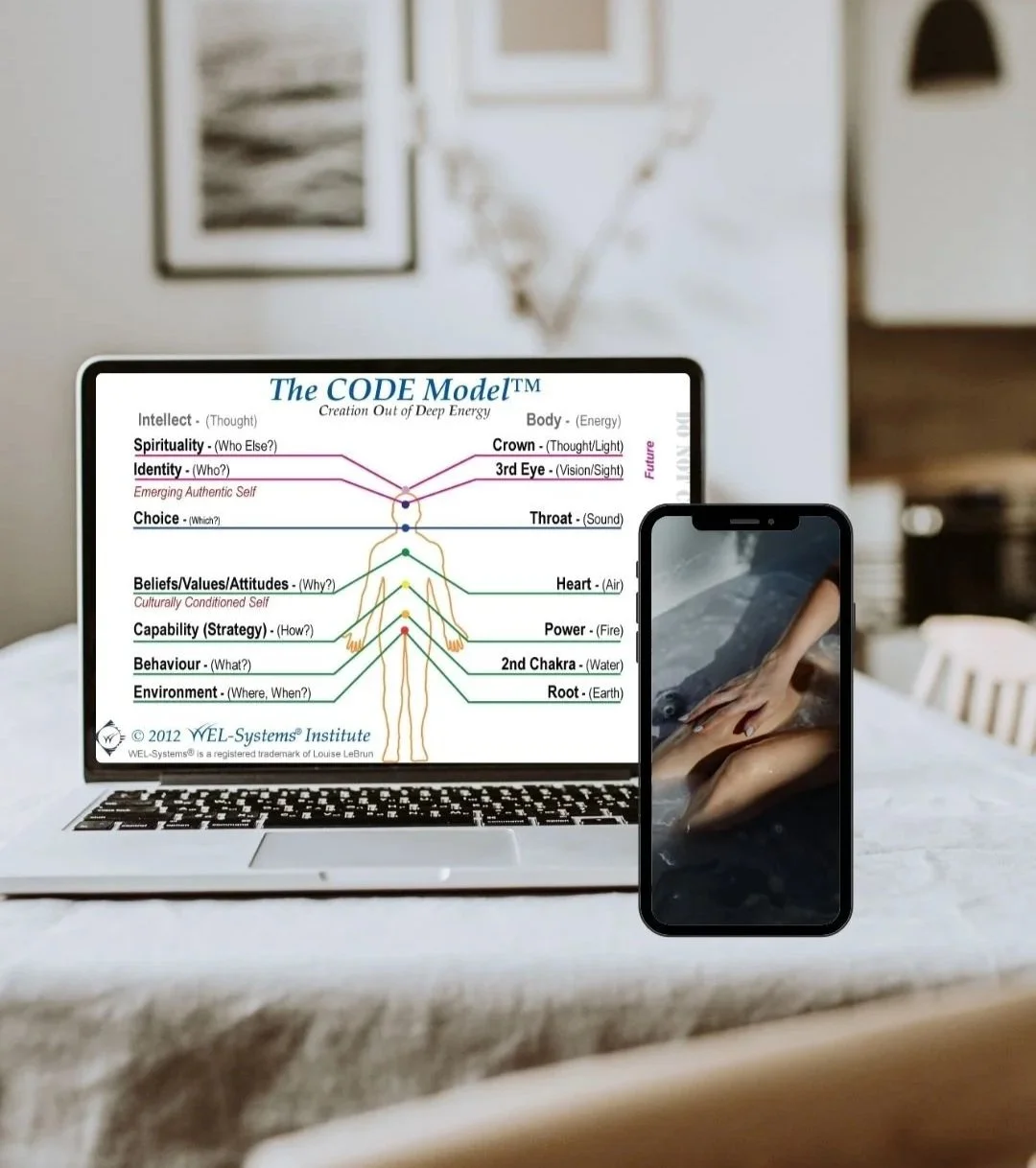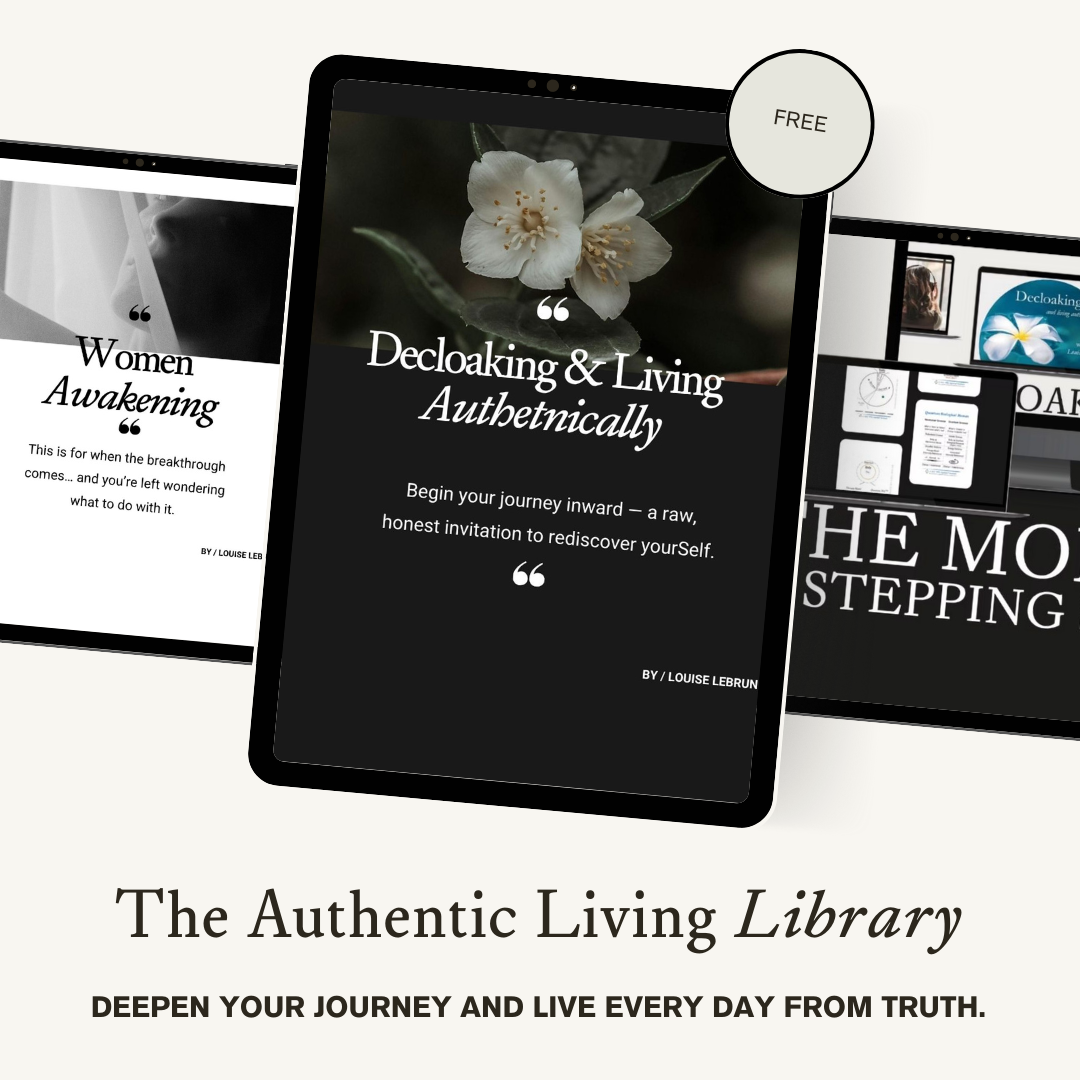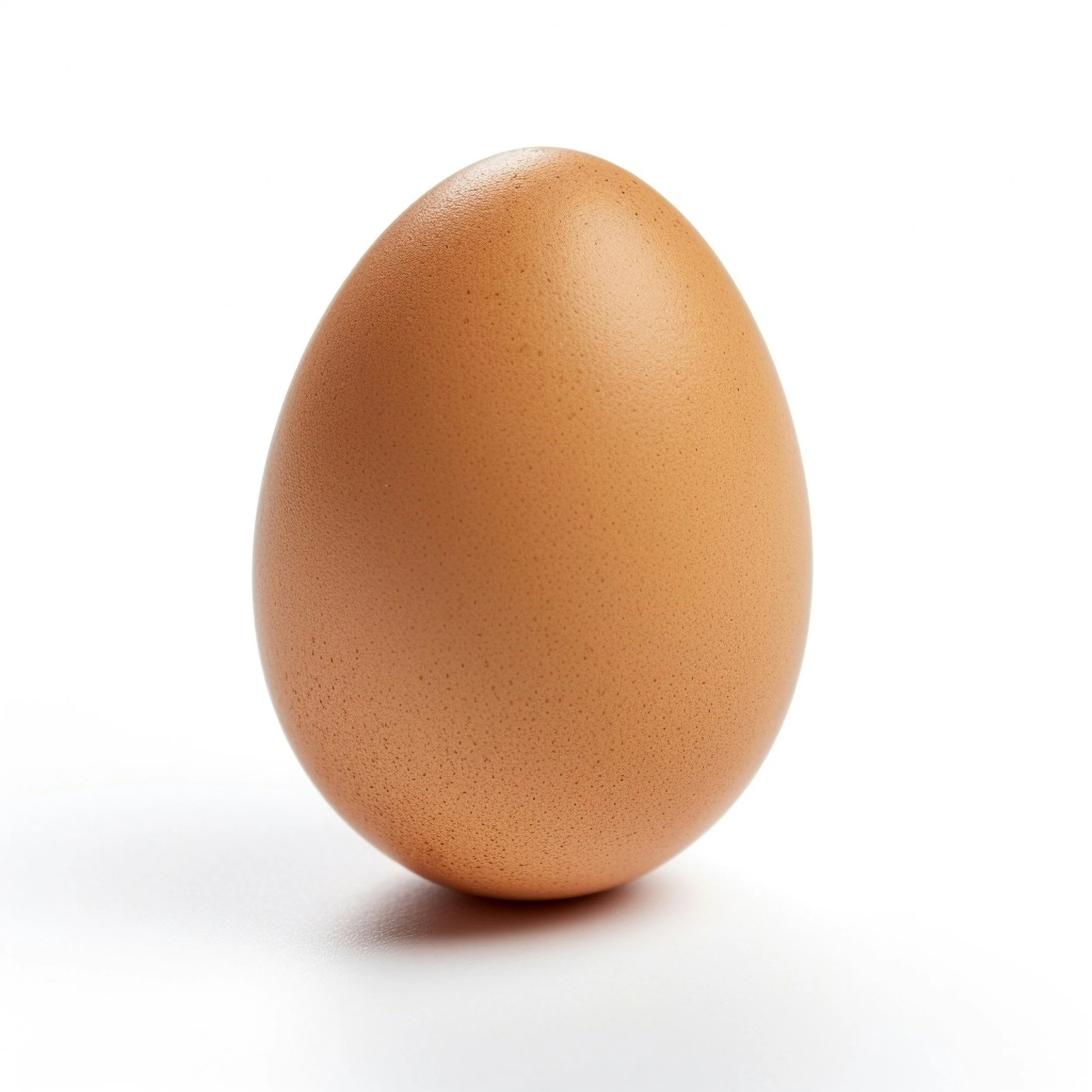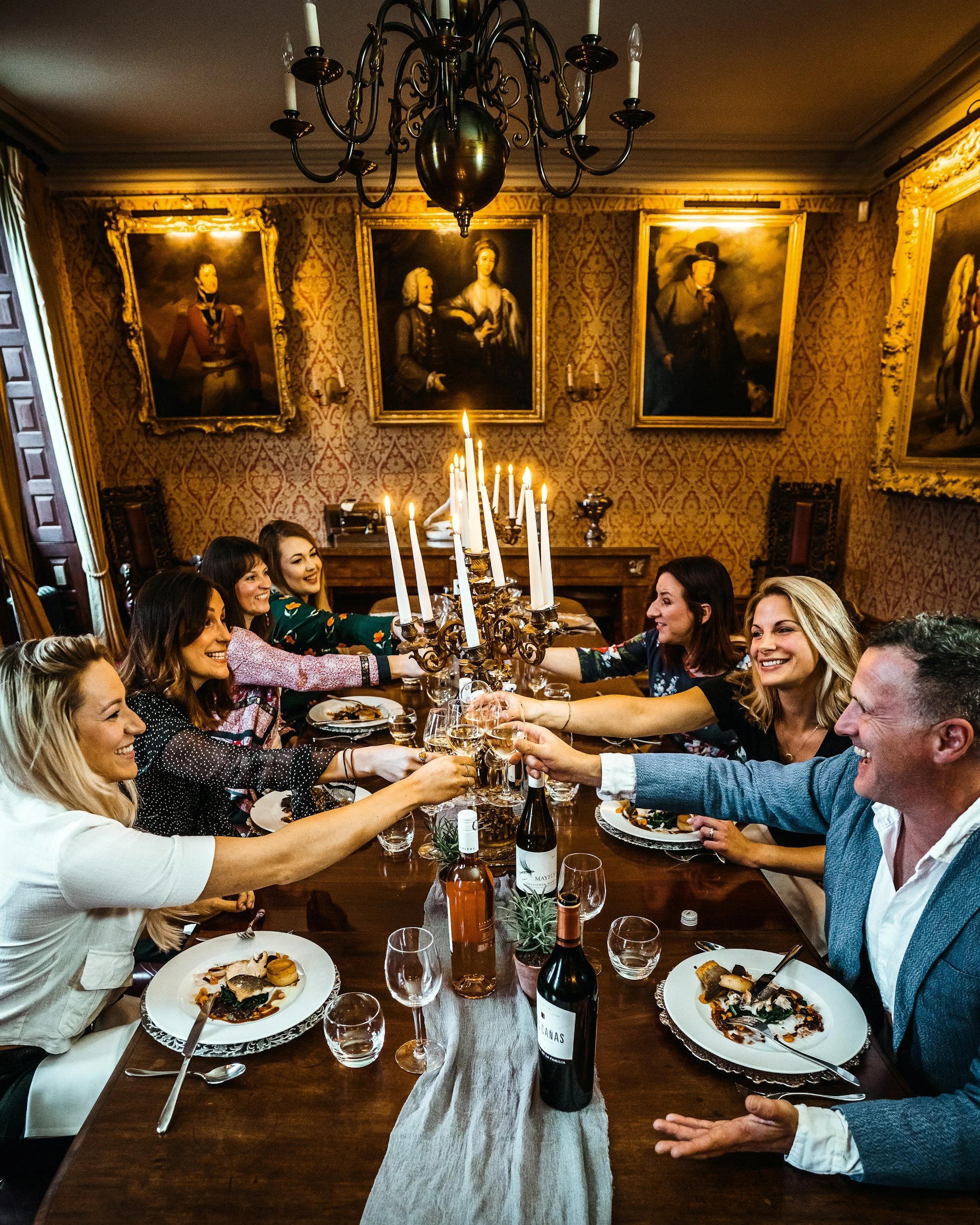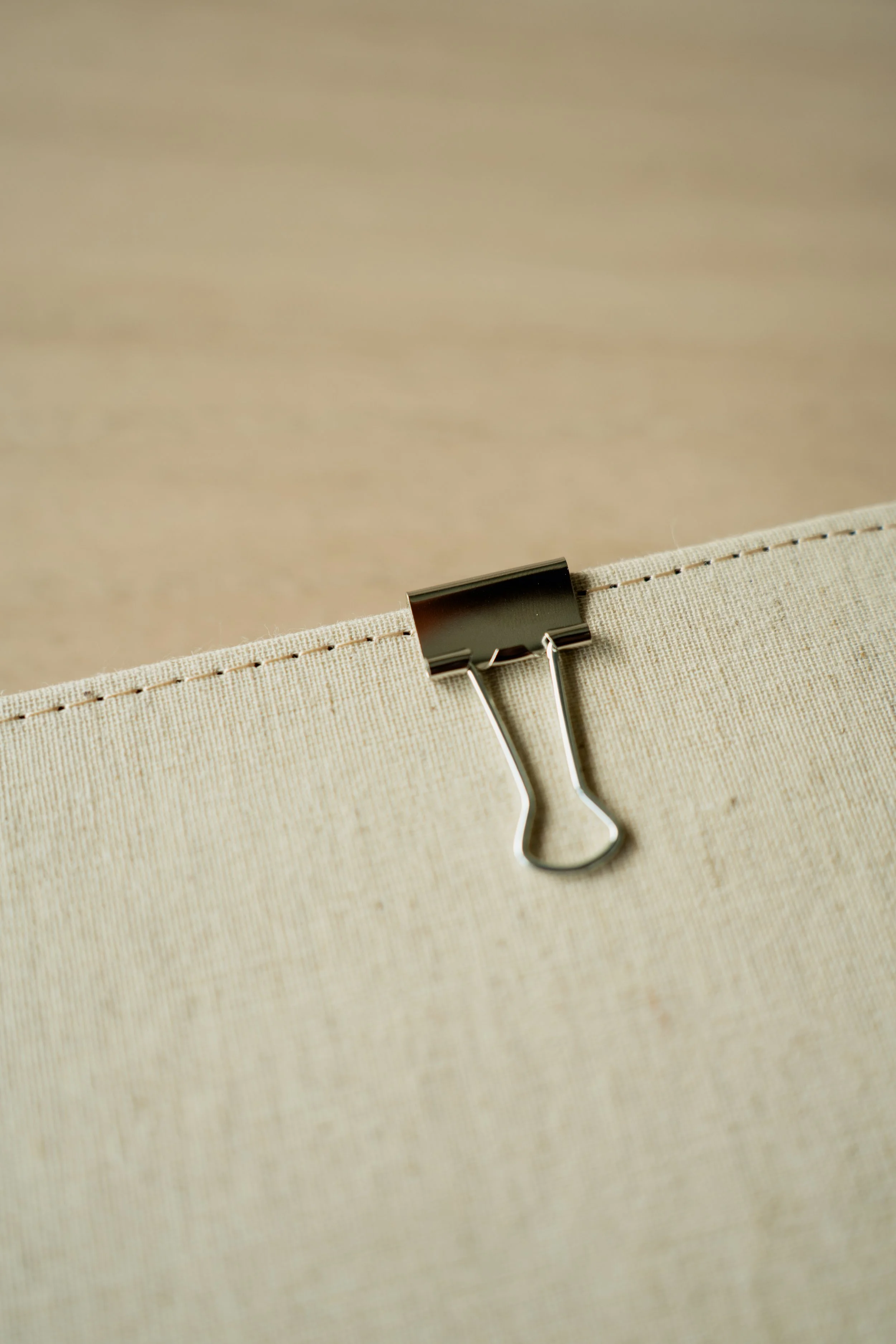The War on Our Bodies
Most people don’t know they’re at war.
Not with a country, but with their own body.
The tension you carry, the anxiety that shows up for no reason, the back pain you’ve learned to ignore — all of it has a message. But most of us were never taught how to listen.
We were taught to be good. To comply. To suppress.
And when that doesn’t work, the body steps in.
This isn’t a political piece. It’s about the war we’ve been taught to wage against ourselves — and what becomes possible when we stop and reconsider our body.
As I prepare for my upcoming workshop on pain as a portal to hearing a higher-order truth about ourselves, I am mindful of what's at stake if we—individually and collectively—don't wake up to a different way of living.
You see, you and I are living in the midst of the most incredible time on the planet. Just like the boomers were the most rich and free generation to have ever lived, we are the last to know what it’s like to be a pure human (yes, that's a reference to Gregg Braden’s latest book – read it).
And as you read this, there is a war happening. No, not the one on the news. I’m talking about the quiet, systemic war on our bodies.
This war is subtle, strategic, and often invisible.
It slips under the radar of most distractions. But make no mistake—it is a deeply intentional war. One that can only be won through our compliance to ignorance.
Ideology becomes dangerous when it is inherited, not chosen. We rarely question what we inherit; we simply absorb it as reality. This is especially true when most of how we think is programmed to us between the ages of 0-2, a time when we have absolutely no defence mechanisms and everything is wired to mimic and embody our mother’s survival instincts.
It’s no secret: we model for or against our same-gender parent. If our mother believed the world was safe and abundant, we likely carry that belief. But if she felt trapped in her powerlessness, we learned to feel powerless too.
And powerless people need instructions – they need a hero.
That hero often shows up in the form of an external authority – school teachers, priests, politicians. For many, the systems we have built represent safety because of the same ideology they installed. The reality, however, is that the systems built to protect us are intentionally hurting us. Hard to see that when we are taught to put on our blinders and pretend. Ignore our inner cues and succumb to that voice of our most trusted storytellers.
Those voices we’ve come to collectively trust know all of this—and they take advantage. The expectation of our submission isn’t always explicit; it’s subtle. It shows up as manipulation, as psyops disguised as moral obligation.
And once enough people fall in line, media enforces compliance—via the familiar twins of shame and fear, coupled with rage and outrage, to divide us into the convenient camps of us and them. Then come the laws that codify control, and the violence that ensures it.
Some believe the lies from the start. They’re the well-intentioned “do-gooders” who have always wanted to do the right thing. They become the voices that urge everyone else to follow suit—because, of course, if everyone just did the right thing, the pressure would stop… right?
And under that immense internal and societal pressure, most will eventually give in. Most people will do anything to make the pain stop. But the problem is, those applying the pressure rarely stop when we’ve had enough.
Because we live in an age of subtlety—where overt rebellion might incite global unrest—the pressure is applied gradually. Sometimes they press to your edge, then pull back. Just enough to let you catch your breath. Just enough for you to think it’s over.
Just enough for you to fall in love with your captor. Again.
And then they up the ante.
This isn’t news – it’s a tale as old as time.
But that is not what I came here to write about.
I want to write about this:
Our body is the gateway to our Divinity.
We cannot know our divine nature without making peace with our body.
We cannot know our divine nature without understanding the body’s language.
We cannot know our divine nature if we don’t integrate the childhood habits we created to feel safe at four.
We cannot know our divine nature if we don't get curious about our essential nature.
If I am truly Divine, how would I choose to live?
How would I relate to my body?
What would I know my body to be?
How would I relate to my loved ones?
What would I create with my time—and therefore my life?
But that’s not how most of us are taught to live.
We are taught to adopt someone else’s worldview to belong.
We’re taught to think small. To stay in our lanes. To not make waves.
We are taught not to upset anyone and to take everyone into consideration before making a choice.
We are taught to pay attention externally and constantly calibrate for how others might feel.
We are taught to value another’s pleasure over our own. In fact, we are taught to deny ourselves our pleasure, our desires, and our curiosities.
We’re taught to live in denial of ourselves, and to be grateful for crumbs of attention from others.
We are taught to settle. To be content with what we have—because others have it worse.
This is cultural conditioning.
This is programming.
This is learned mindset.
This is how global cultures keep people miserable and therefore compliant. Misery is key. Because when people are disconnected from their essence, their bodies, and each other, they are willing to do anything—to become anyone—just to not feel so alone.
This is why so many of us developed pain – in a world that’s taught us only how to forget, pain is a way to remember what it feels like to be alive.
When I say pain, I don't just mean physical pain, I mean psychological, emotional, and spiritual, as if they can ever really be separated. But in a culture that demands specificity, I offer this distinction.
No matter the type of pain you experience, pain is the body's brilliant way of keeping our attention. When we're in pain, nothing else matters. The pain takes over and because of our programmed, cultural mindset, we'll do anything to make it go away.
But what if the solution isn’t to make it stop?
What if it’s to embrace it? To sit with it? To tend to it like a friend who’s hurting?
What if the real answer is learning how to listen?
If something in you is tired of pushing the pain down, maybe it’s time to hear what it’s been trying to say.
That’s what this upcoming workshop is for. If you’re not there live, not to worry — a replay will be available.
This is not a fix or a cure, it a different way in.
🎧 Listen to Related Podcast Episodes
This is a solo episode about learning to listen to your body's language—and it starts with a story about my son that makes more sense of this whole "listen to your body" exploration than what most adults can muster.
Listen to Louise LeBrun (founder of the WEL-Systems Institute) explore with Anne Berube how trusting your body leads to transformation — and why it’s often the mess, not the perfection, that becomes the portal to your truth.
Prefer to explore at your own pace?
Our Authentic Living Library → is the gateway to how our world is different. These free, thematic resources help you explore yourself more intimately. If it’s not for you, opt out anytime.
If this resonated, you might also like..

